This Ugandan Wahata was sourced via Zuka Green. This is the first Ugandan specialty coffee we at Quaffee have ever offered. Almost all Ugandans we have tasted before just did not make the grade, the fact that an old friend Ben Jenkins was involved seems to have helped elevate this coffee.
Uganda’s Coffee History
Early Beginnings
Uganda’s coffee history dates back to ancient times when native Robusta coffee grew wild in the rainforests. The local population used it as part of their diet for centuries. However, commercial coffee production began in the late 19th century during the British colonial era, when colonial administrators introduced Arabica coffee
Colonial and Post-Independence Era
By the 1920s, coffee had become a significant export crop. Despite political instability after independence, the coffee sector continued to grow. In the late 1980s, the Ugandan government implemented reforms and established the Uganda Coffee Development Authority to regulate and promote coffee production.
Modern Developments
Today, Uganda is one of Africa’s top coffee producers, contributing significantly to the global coffee supply. The country grows both Arabica and Robusta coffee. Arabica thrives in the high-altitude regions like Mt. Elgon and the Rwenzori ranges, while Robusta is cultivated in the lowland areas.
Ugandan Wahata Natural
Origin and Processing
Ugandan Wahata Naturally processed coffee originates from the Manafwa region on the southern side of Mount Elgon. This coffee is grown at altitudes between 1,700 and 1,850 meters above sea level (masl).
Darley Investments Overview
Darley Investments, is a green coffee exporter, operates out of Kampala, Uganda. In February 2024, Zuka visited their facilities to observe their operations and meet the farmers and producers. Darley manages a dry mill in Kampala, where they grade and prepare coffees for export. Additionally, they operate a drying station in Busoba, where they prepare some of their natural coffees before milling.
Picasso Nduwayo
This particular coffee comes from Mr. Picasso Nduwayo, who previously worked in Burundi. He aimed to elevate the quality of Ugandan coffee by implementing advanced processing techniques and fostering a strong network of local farmers. Based in Manafwa on the south side of Mount Elgon. Wahata, a community located between 1,700 and 1,850 masl, is where this coffee is grown.
Production and Quality
For the past ten years, Picasso has produced some of the best coffees from Burundi. The seasonal timing between Uganda and Burundi allows him to apply his expertise to producing quality lots from Mount Elgon. This lot is a natural process coffee, dried on raised beds. When the coffee reaches 15% moisture content, workers remove it from the beds and place it into sealed containers for two days before finishing the drying process.
Details of this coffee
Apricot and malt.
| Brew Method | Ratio | Brew Method | Ratio |
|---|---|---|---|
| Espresso | 1:2.1 | AeroPress | 17.5g:200g |
| Plunger | 38g:600g | Pour over / filter | 20g:300g |
Transparency Information
| Sourced from | Manafwa via Zuka Green. |
|---|---|
| FOB price | n/a – agent not prepared to publish, we estimate between 2.2 and 2.5 USD / pound |
| Cupping score | 82 (ours) |
| Producer / Organisation | 1,055 smallholder farmers |
| Lot size | We have committed to take a 60kg bags. |
| Relationship |
This is our first coffee Manafwa. |
Sources:
- James Hoffman’s Atlas of coffee.
- Zuka’s notes on the coffee.
- Mycoffeebeans.net


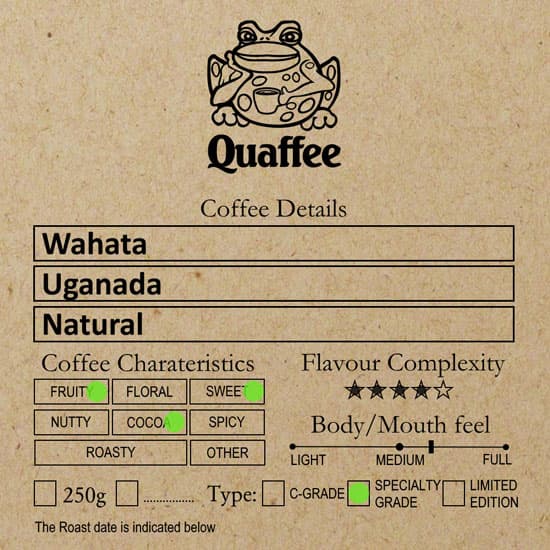
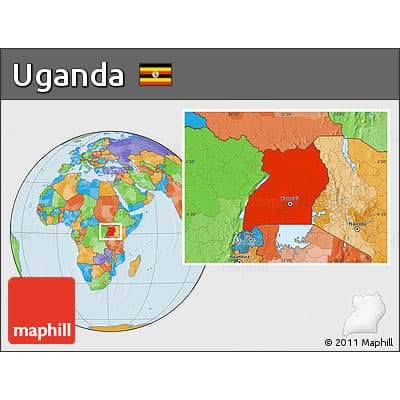
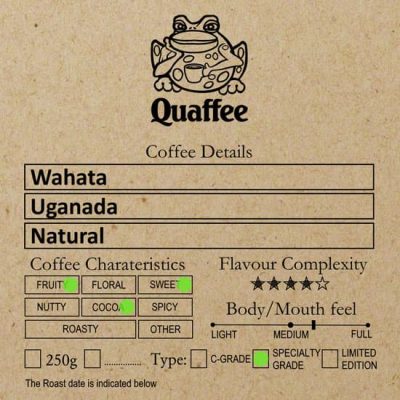
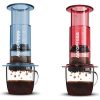

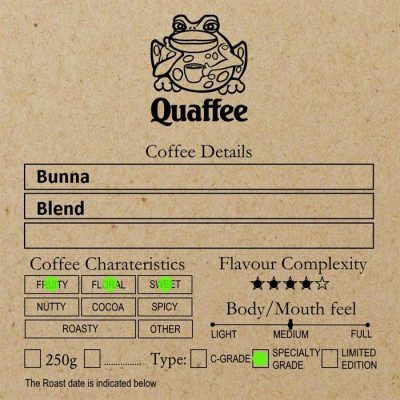
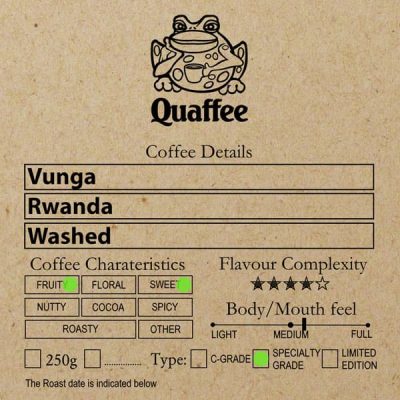
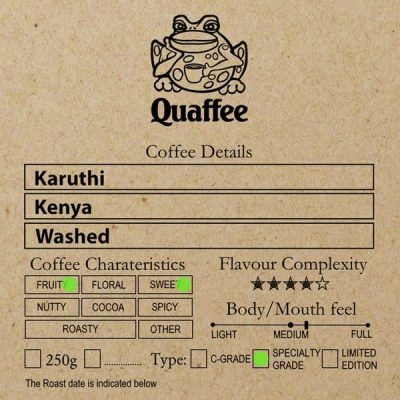
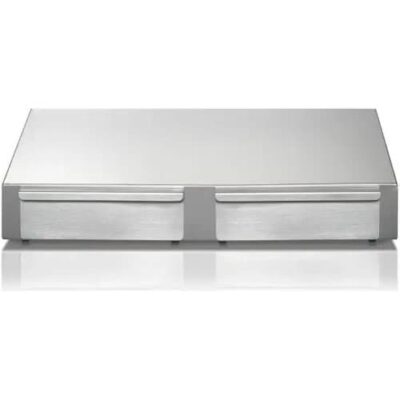
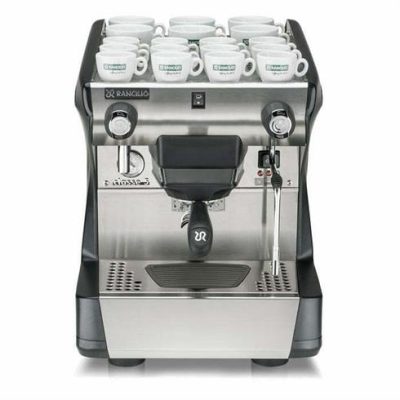
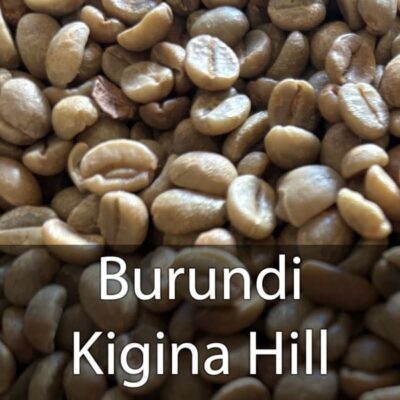
Reviews
There are no reviews yet.